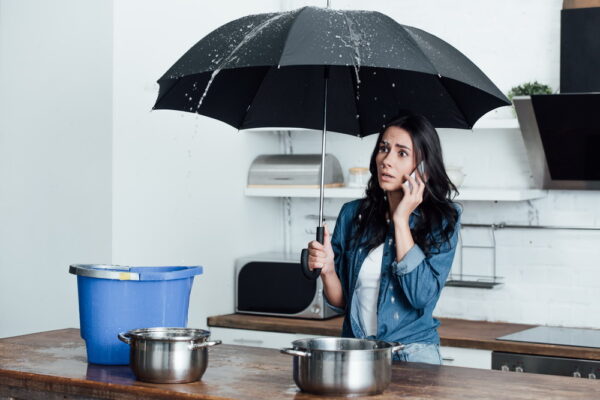What is the first thing that comes to mind when you hear someone mention home security. If you are like most people, you think of burglary and home invasion. Why? Because that is what TV commercials almost always show. Security companies market on the fear of being burglarized.
Burglary is a legitimate concern. But did you know that it might not be your biggest threat? Water could do more damage to your home than any burglar ever would. We do not think about it because water seems so innocuous in our daily lives. Yet anyone who has lived through a flood can tell you just how devastating water can be.
It doesn’t take much, either. According to FEMA, just one inch of water could do upwards of $30,000 damage to a single-story home with 1,000 square feet of living space. Unless you are keeping a ton of valuables in your home, how likely are you to lose $30,000 worth of items to a burger?
Table of Contents
Standing Water Ruins Things
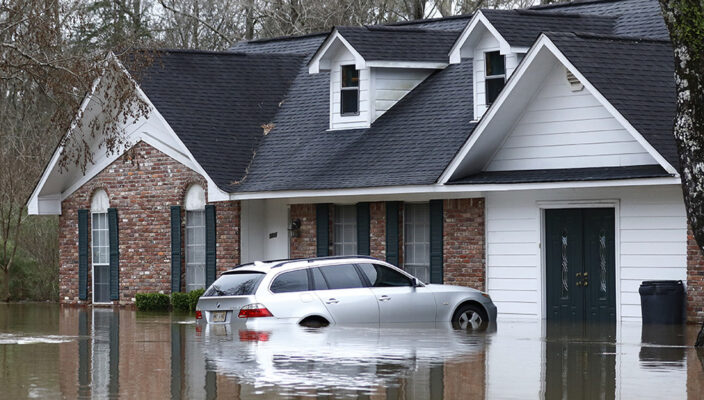
Water in your home can be either standing or moving. Needless to say, standing water ruins things. For example, what would happen if a water pipe burst in your basement while you were at work. Let’s just say the burst occurred 30 minutes after you left home. There is a good chance you would have water emptying into your basement for a good 8 to 10 hours.
Just an inch of standing water could completely ruin your furnace. It could do a number on your water tank as well, depending on the make and model. Anything sitting on the basement floor is up for grabs. That’s why experts recommend never storing anything in cardboard boxes on the floor. They recommend putting boxes on pallets or storing things in waterproof plastic tubs.
It would be bad enough if you returned home to an inch or two of water in the basement. But what if you live in a slab home? There is no basement. Now that inch or two of water is flooding the main level of your home. Your furniture is suddenly in play. An inch of water will completely ruin your carpets and hardwood flooring. It could possibly make your home unusable for a time. Get the point?
Mold and Mildew Problems
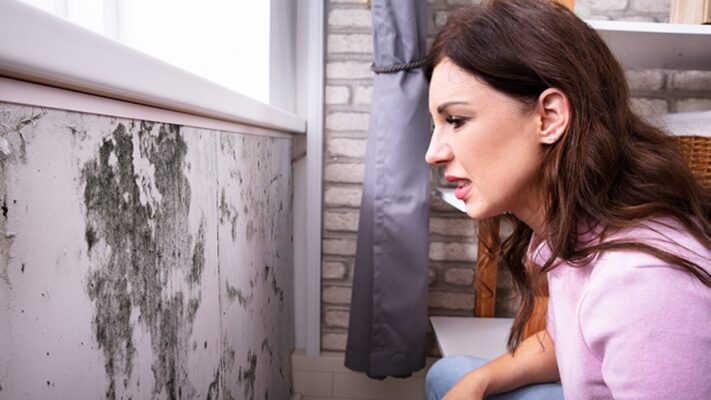
Another thing that has to be considered is mold or mildew growth. Just getting the water out of the house isn’t enough. If you don’t dry things out properly, mold and mildew could begin growing inside the walls. Your entire house could be overwhelmed before you realized you had a problem.
Worst of all, mold and mildew do not just ruin a home. They can be harmful to your health. For example, mold spores traveling through the air can get into your lungs and make you very, very ill. Young children and the elderly being exposed to certain kinds of mold present the greatest risks.
There have been cases where mold damage has been so bad that gutting the house and starting over was the only viable solution. That’s no picnic. Quite to the contrary, it is the stuff of nightmares.
Seasonal Floodwaters
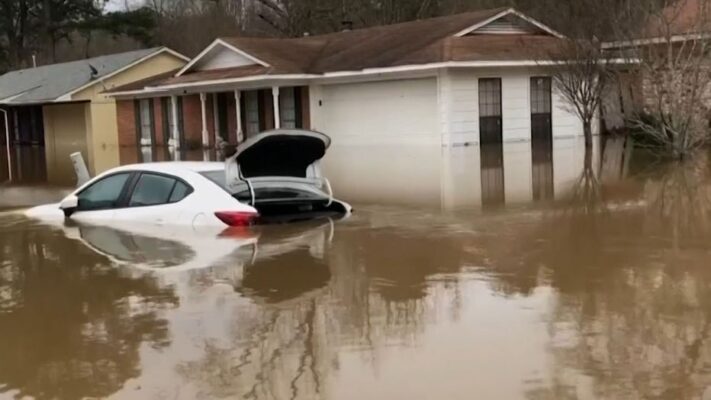
A burst pipe causing significant water damage is just one possibility. Your home could be ruined by a malfunctioning dishwasher, a leaky clothes washer, and so forth. In some cases, people lose their homes to water during seasonal floods. Unfortunately, there is little you can do to stop that sort of thing. When rivers and streams overflow their banks, you are effectively at their mercy.
The same thing is true during hurricane season. Coastal locations in the paths of such storms can only brace themselves in preparation for what they know is coming. Hopefully their preparations are enough to keep floodwaters away.
What Homeowners Can Do
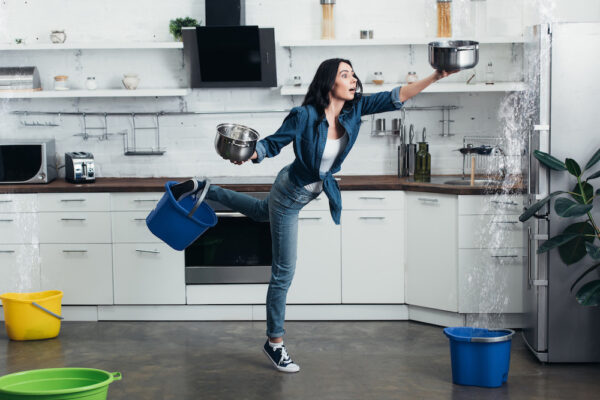
With all this talk of water, you might be wondering what you can do as a homeowner. Fortunately, there are several things you can do, starting with adding a flood sensor to your existing home security system. And if you do not have a home security system, the threat of flood is as good a reason as any to get one.
In a post written to its California customers, Vivint mentioned flood sensors as one of the devices they could add to a home automation system. Of course, Vivint offers flood sensors nationwide. They are not just limited to the California demographic.
A flood sensor can detect standing water and alert you to it immediately. This is the best defense against something like a burst pipe or a malfunctioning dishwasher. Knowing there is standing water in your home gives you time to respond before too much damage is done.
Here are some other things you can do:
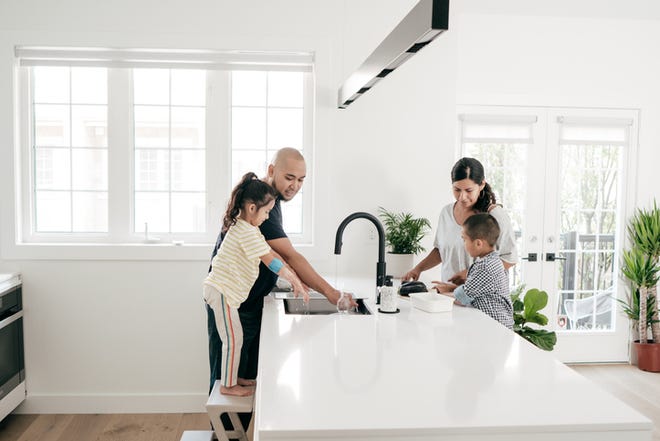
- Regrade – If you live in an area prone to spring flooding, you can regrade your property to make sure water runs away from it. The more water you can keep away from your home, the less likely it is to flood.
- Prepare – In advance of storms, do your best to prepare. Do not just assume that bad things only happen to other people. Seal up your home as best you can with sandbags. If you have had problems with foundation cracks in the past, get to the hardware store and get some concrete sealer.
- Flood Insurance – The most important thing you can do to protect yourself is purchase flood insurance. A good flood insurance policy will cover you regardless of whether water problems are man-made or acts of nature.
In closing, most people do not know that their regular homeowners’ insurance does not cover flood damage. If you live in a floodplain, flood insurance shouldn’t even be a question. For the rest of us, it is inexpensive enough that it’s well worth buying.
A little bit of water can do more damage to your home than a burglar ever could. Do not take any chances. It only takes a minimal amount of effort to protect yourself.

